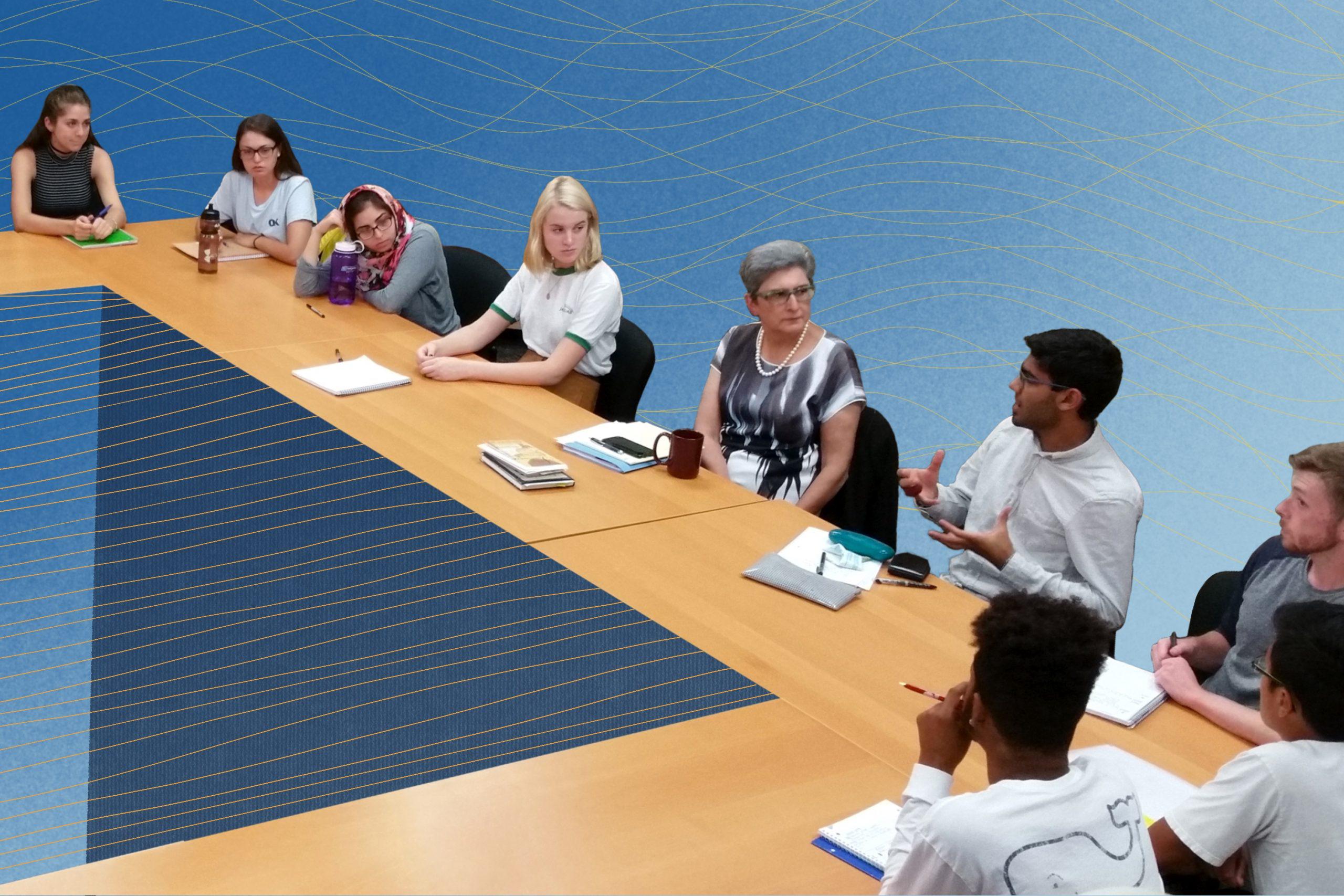In a world rife with conflict and discord, can the study of peace transform perceptions and engender profound societal changes? The Baháʼí teachings provide a rich framework for understanding and addressing the pervasive issue of prejudice—a significant impediment to global harmony. Notably, a course titled “The Problem of Prejudice” illustrates how educational programs rooted in these teachings can leave a lasting impact on students, fostering resilience against ingrained biases. This exploration elucidates the intricate relationship between prejudice and peace, revealing the transformative potential of such educational endeavors.
Prejudice manifests not merely as individual bias but also as a collective ailment afflicting societies and civilizations. It is ignited by ignorance, fear, and misunderstanding, often taking root in misconceptions about race, religion, culture, or socioeconomic status. The Baháʼí Faith posits that essential to the pursuit of peace is the eradication of these deep-seated prejudices, urging followers to adhere to principles of unity, equality, and non-discrimination. The course on “The Problem of Prejudice” delves into these themes, encouraging participants to confront their biases and engage in self-reflection.
One of the central tenets discussed in this course is the understanding of the oneness of humanity. The Baháʼí teachings emphasize that humanity is akin to a single body, where the well-being of each part is intrinsically linked to the health of the whole. This paradigm challenges participants to question their preconceived notions and to explore how prejudicial attitudes undermine not only personal relationships but also the societal fabric. Such theological underpinnings are instrumental in reframing students’ perspectives.
The course adeptly navigates through historical contexts, providing a comprehensive analysis of how systemic prejudice has been perpetuated across epochs. Students engage with case studies that highlight the consequences of such biases—ranging from social injustice to violent conflict. By grounding the discussions in historical realities, participants are positioned to critically assess their roles within modern-day societal constructs. This historical lens fosters a more profound understanding of the intricacies of prejudice, allowing students to cultivate empathy and compassion for the experiences of others.
Moreover, the course employs an interactive and participatory methodology, encouraging collaborative discussions and dialogue. Structured activities challenge students to articulate their thoughts, share personal experiences, and confront uncomfortable truths. This dynamic learning environment promotes vulnerability and openness, pivotal in breaking down barriers of prejudice. The resulting camaraderie among students enhances their commitment to fostering an inclusive and peaceful society.
Integral to this educational experience is the exploration of practical approaches to mitigate prejudice. Students are introduced to concepts such as consultation, a distinctive Baháʼí method for collaborative decision-making that values every voice and perspective. Through consultation, participants learn to navigate conflicts peacefully, emphasizing the significance of collective input rather than authoritarian dictates. This approach empowers students to advocate for change within their communities, utilizing the knowledge gained to address issues of inequality and discrimination.
Furthermore, the course underscores the importance of fostering environments that nurture diversity. A key discussion point revolves around the idea of creating spaces where varying perspectives are not only welcomed but celebrated. Students are prompted to consider how educational institutions, workplaces, and communities can become sanctuaries of acceptance. Such an environment not only counters prejudice but also cultivates innovation, creativity, and holistic development.
The psychological ramifications of prejudice are also examined during this course. Research illustrates that bias does not only affect the target but also the perpetrators and bystanders. By discouraging prejudice, individuals can enhance their emotional well-being, building healthier relationships with themselves and others. This understanding is critical as participants grapple with the multifaceted nature of human interaction.
Interestingly, the course highlights the concept of “the double-edged sword” of prejudice and how it operates on both individual and collective levels. Students engage in strategic discussions regarding how societal norms can perpetuate a cycle of bias that often goes unchecked. By establishing connections between personal prejudices and larger societal narratives, learners are spurred to recognize their agency in effecting positive change, emphasizing that the battle against prejudice begins within.
At the course’s conclusion, the lasting impact on students is evident. Many emerge not only with heightened awareness but also with actionable strategies to challenge prejudice in various domains of their lives. They are inspired to be advocates for peace, enlisting others to partake in this essential journey of understanding and unity.
In reflecting on the question posed at the outset—can education eradicate prejudice?—it becomes clear that while the journey is arduous, courses such as “The Problem of Prejudice” point toward a promising horizon. They illuminate pathways to nurturing a more just and equitable world. Through the lens of Baháʼí teachings, students are equipped not just with knowledge but with an enduring commitment to peace, embodying the essence of unity essential for a harmonious global society. Thus, the endeavor to cultivate an unwavering dedication to confronting prejudice through education is not only a noble pursuit but a critical necessity for the betterment of humanity.
